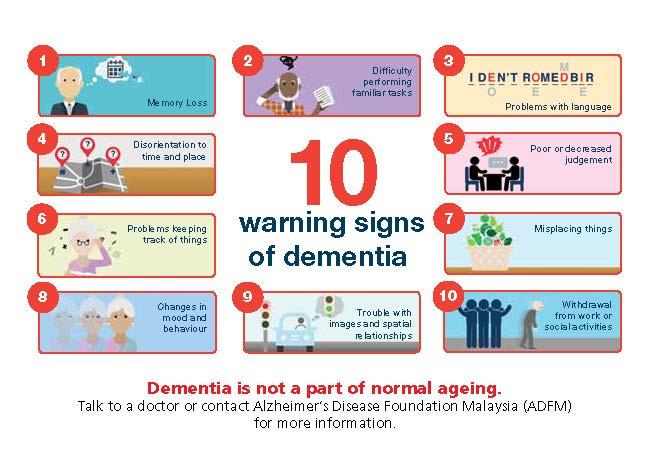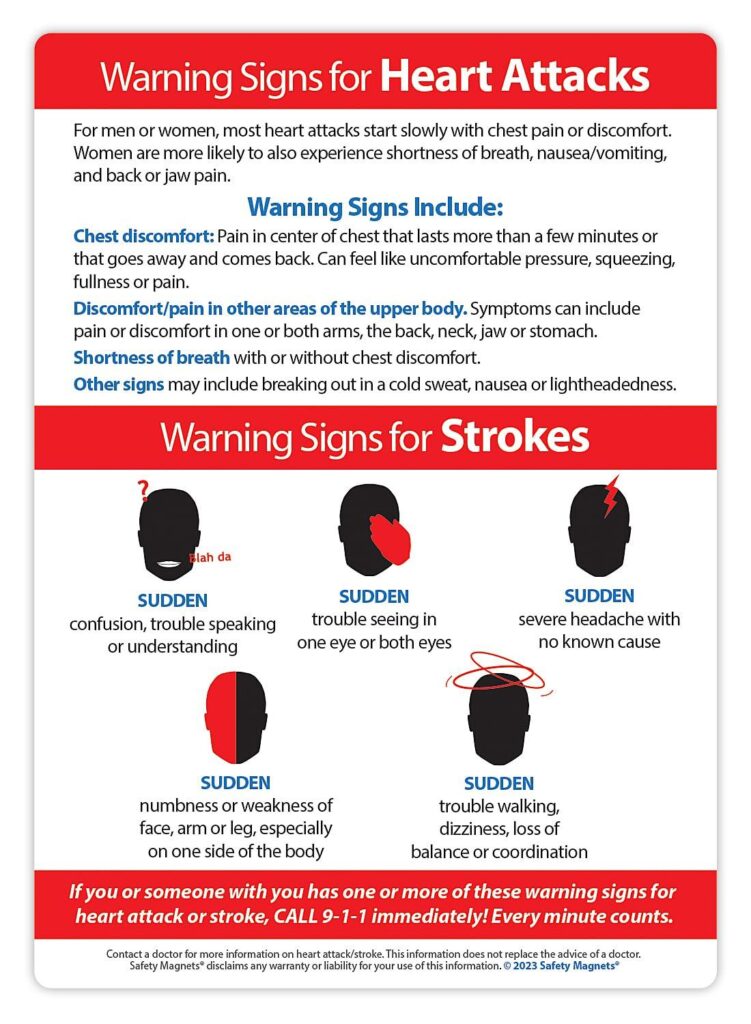In the silent language of our body,hands can become unexpected storytellers of hidden health narratives. A prominent medical professional has recently highlighted a subtle yet critical symptom that might whisper warnings about an advanced stage of lung cancer—a revelation that could transform routine gestures into potential lifesaving signals. As medical understanding continues to evolve, this particular hand manifestation stands as a sentinel, alerting individuals to a condition that often remains undetected until its most critical stages. A subtle yet alarming sign could be hiding in plain sight, potentially signaling an advanced stage of lung cancer that many might overlook. Medical professionals are drawing attention to a specific hand symptom that could serve as a critical warning sign for patients.
Clubbed fingers, characterized by enlarged and rounded fingertips, might seem innocuous but can represent a serious underlying health condition. This physical manifestation occurs when soft tissue beneath the nails starts to change, causing the fingers to appear bulbous and curved.The transformation happens gradually, with the nail beds becoming softer and the angle between the nail and cuticle increasing. Patients might notice their fingers looking wider and more rounded, almost resembling upside-down matchsticks. These changes aren’t merely cosmetic but can indicate significant respiratory complications.
Research suggests that approximately 35% of lung cancer patients experience digital clubbing, making it a noteworthy diagnostic clue. The symptom develops due to increased blood flow and fluid retention in the fingertip tissues, potentially triggered by reduced oxygen levels or tumor-induced inflammatory responses.
Experts emphasize that clubbing isn’t exclusive to lung cancer. Other conditions like heart diseases, liver disorders, and inflammatory bowel diseases can also cause similar hand transformations. However, its presence in lung cancer patients often signals advanced disease progression.
Medical imaging and blood tests typically accompany physical examinations to confirm potential malignancies. Physicians recommend immediate consultation if individuals observe persistent changes in their finger appearance, especially when accompanied by additional symptoms like persistent cough, chest pain, or unexplained weight loss.
Early detection remains crucial in managing lung cancer effectively. While clubbed fingers don’t definitively diagnose cancer, they represent an vital clinical indicator that warrants extensive medical inquiry.
Patients with a history of smoking, prolonged asbestos exposure, or genetic predispositions should be particularly vigilant. Regular health screenings and prompt medical attention can significantly improve treatment outcomes and survival rates.
Understanding these subtle bodily signals can potentially save lives. By recognizing unusual physical changes and seeking professional medical advice, individuals can take proactive steps towards comprehensive health management.
Healthcare professionals continue to research and develop more sophisticated diagnostic techniques, hoping to identify lung cancer at its earliest, most treatable stages. The human body often provides intricate signals that, when carefully observed, can reveal critical health insights.




